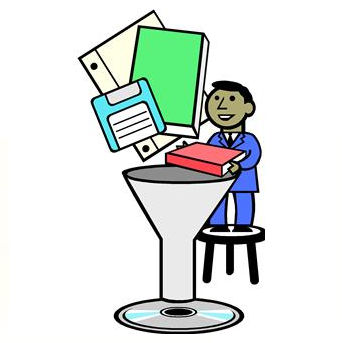eDiscovery Best Practices: Your ESI Collection May Be Larger Than You Think
eDiscovery Best Practices: Your ESI Collection May Be Larger Than You Think https://cloudnine.com/wp-content/themes/cloudnine/images/empty/thumbnail.jpg 150 150 CloudNine https://cloudnine.com/wp-content/themes/cloudnine/images/empty/thumbnail.jpg
Here’s a sample scenario: You identify custodians relevant to the case and collect files from each. Roughly 100 gigabytes (GB) of Microsoft Outlook email PST files and loose “efiles” is collected in total from the custodians. You identify a vendor to process the files to load into a review tool, so that you can perform first pass review and, eventually, linear review and produce the files to opposing counsel. After processing, the vendor sends you a bill – and they’ve charged you to process over 200 GB!! What happened?!?
read more





